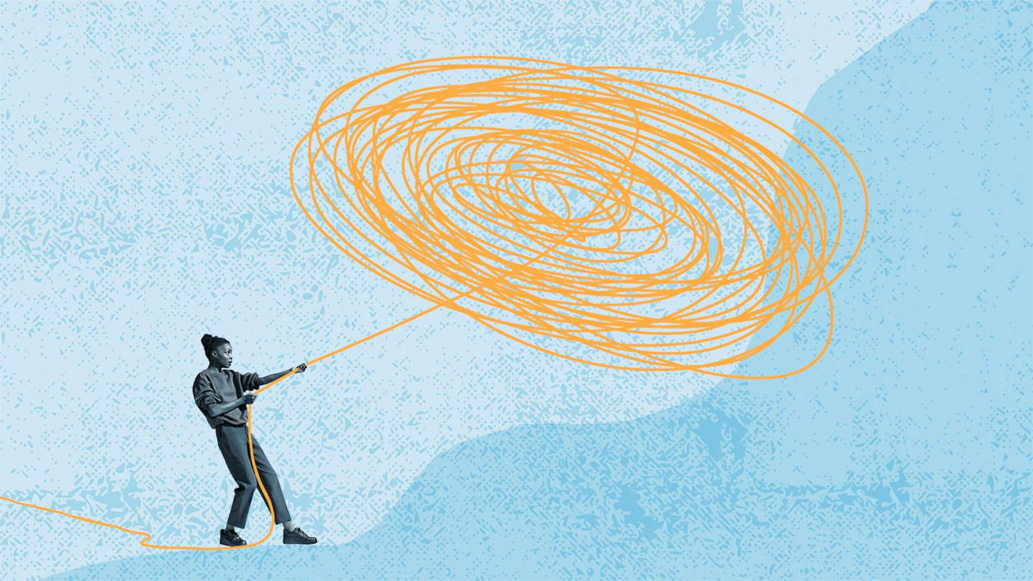The definition of stress that I found, says that stress is the feeling of being overwhelmed or unable to cope with mental or emotional pressure. And of course, emotional pressure escalates simply when things are not going the way we would like. I also learned from the neuroscience perspective that every time our brain needs to exercise a “defense mechanism” to protect us, our system will go into the flight or fight response. The problem is that today it is not socially acceptable to fly (run away from any threat), or fight (punch any threat in the face). When our body is unable to exercise that flight or fight response then all the adrenaline and chemical cocktails caused by pressure are not released and go into our body as stress creating all sort of physical and emotional problems.
The best stress reduction technique is dealing with stress at the root of the problem. Because once that mental or emotional pressure escalates, it is going to make it harder to deal with. Coping with stress or stress management is an emotional skill that includes our capacities for flexibility, stress tolerance and optimism.
Flexibility, our capacity to adapt emotions, thoughts and behaviors to unfamiliar, unpredictable and dynamic circumstances helps. Stress tolerance, our capacity to cope with stressful and difficult situations also helps. And optimism, our level of positive attitude and our capacity to remain hopeful and resilient despite setbacks also helps. I believe we all can cultivate these 3 skills to have better stress management. But let me go back to my idea to deal with the problem at the root, and hopefully this reflection will give you the best stress reduction, prevention technique ever.
Every time you feel stress starting and growing in your system, think about what the cause of that stress is. I have found that the cause is generally related to the human ability to time travel, essentially our dwelling in the past or in the future.
When we think about the past and the things that we did not achieve, the results that were not as expected or the experiences that created any kind of pain at that moment, we are triggering stressful emotions that will grow in proportion to how we embrace those thoughts about the past.
When we think about the future and the things that we are worried about, the things that present a threat to us in any way or that we forecast they will create discomfort or pain, we are triggering stressful emotions that will grow in proportion to how we embrace those thoughts about the future.
Then every time we “escape” our present, which is a very common thing in humans we are creating the causes for stress. That is why mindfulness has been recommended as one of the key coping mechanisms for stress. Mindfulness is defined as presence and acceptance, and presence is our capacity to stop time travel and stay in the only real thing that we have, which is the present.
Try it! My personal experience is that when I feel stress being born or escalating it is usually related to my mind not being in the present. The present is the place where you deal with the stress at the root, since you are experiencing a present stressful situation. Let me emphasize this: in the PRESENT (meaning it is happening in real time, and not concerned with the past or future) I have two options. Either I can do something to reduce the negative impact of the situation, or I can’t.
If I can do something, then I just need to start doing it and that will neutralize the stress because I am correcting the situation and I have the comfort of me putting my best effort forward to handle what is present.
If I can’t do anything then that is when the second part of the mindfulness definition kicks in: acceptance. I need to accept that present circumstance and remember that everything is changing. A bad thing in this moment will eventually pass.
So there you are, the best stress prevention technique is to catch yourself time traveling and bring yourself back to the present where things usually are not that bad and where we avoid triggering emotional pressure with things that really don’t exist (either they passed already or they are not here yet).
I leave you with the powerful questions that will help you in those “stressful moments”: Is it really bad at this very moment? Can I do something about it? What do I need to do to really enjoy a stressless present?
May you avoid suffering and its causes!

